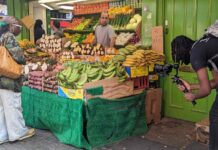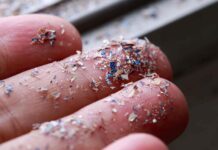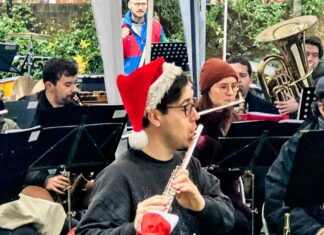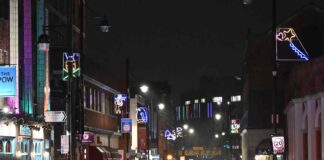Iona Cleave was at the Ritzy in Brixton to watch Hostile – a documentary that investigates the fragile, precarious lives stuck within a broken immigration system
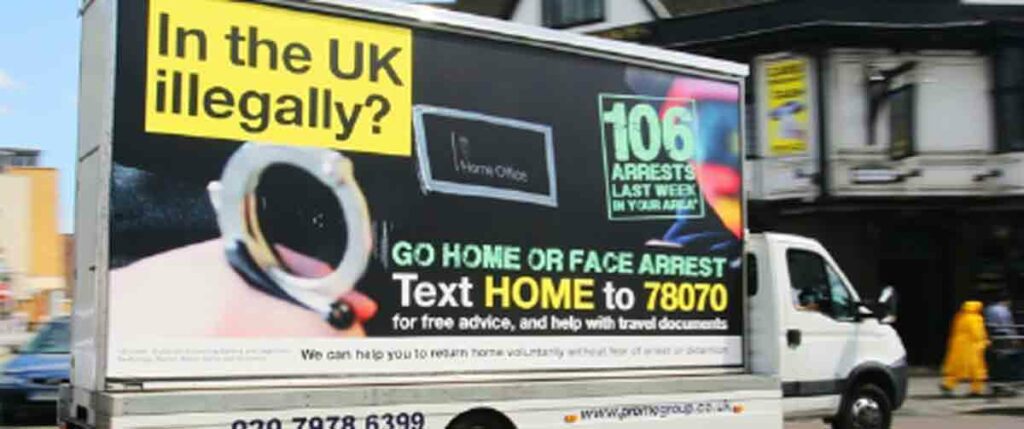
It was beyond moving to be watching a documentary dedicated to the ongoing plight of immigrants in today’s London sat in Windrush Square, introduced in person by Patrick Vernon – the prolific Windrush generation campaigner.
The feature-length documentary was steeped in Brixton, its history, its streets, and in the stories that built and continue to build this borough.
The music was written by award-winning and Brixton local Nitin Sawhney and it features strikingly contrasted archival footage of Brixton in the 50s/60s and Brixton today as we see clips of BLM and Kill the Bill protests.
But it’s more than just a story of Brixton. It’s a story of injustice, of fragile and insecure futures, of the victims of the “hostile environment”.
For Hostile’s writer, producer and debut director Sonita Gale, it began as a project to explore migrants’ roles in keeping society moving during the pandemic.
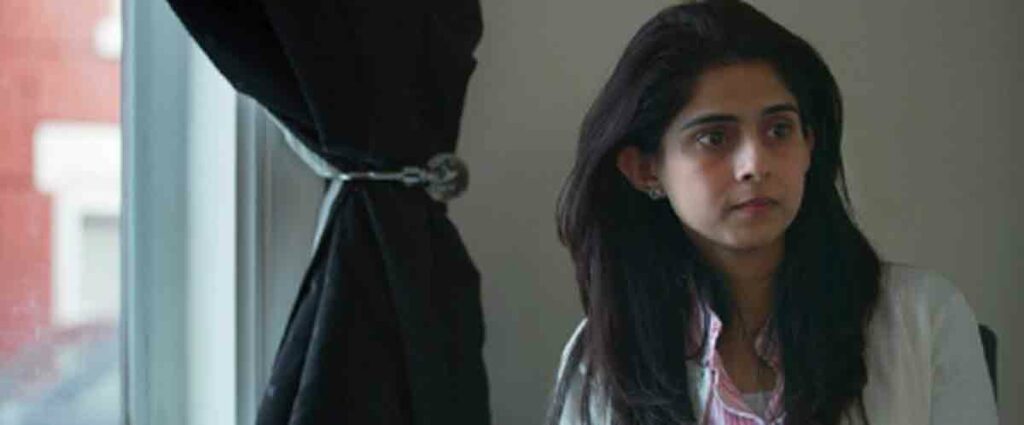
What unravelled was a dark and sinister story of marginalisation, dehumanisation and vilification of their very existence.
The hostile environment policy, introduced by then home secretary Theresa May in 2012, refers to the policy of making life so unbearable for migrants, whether lawfully here or not, that they “go home”.
But, for Anthony Bryan, London has been his home for over 52 years since his mother came to the UK with the Windrush generation.
Yet he painfully recounts his temporary imprisonment in a detention centre, in which he faced deportation to Jamaica, a country he does not remember.
Or we meet Farrukh Sair, an NHS worker. He, along with his wife and two children who were born here could be all deported at any time having had four consecutive “indefinite leave to remain” applications rejected.
In one particularly poignant frame we see two young students sitting in a park with their suitcases.
Thrown out of their accommodation and withdrawn from university, they have to leave the UK in debt and without education.
They described feeling “like we are in the ocean with nowhere to go”.
These precarious lives are the physical manifestations of the “hostile environment” policy.
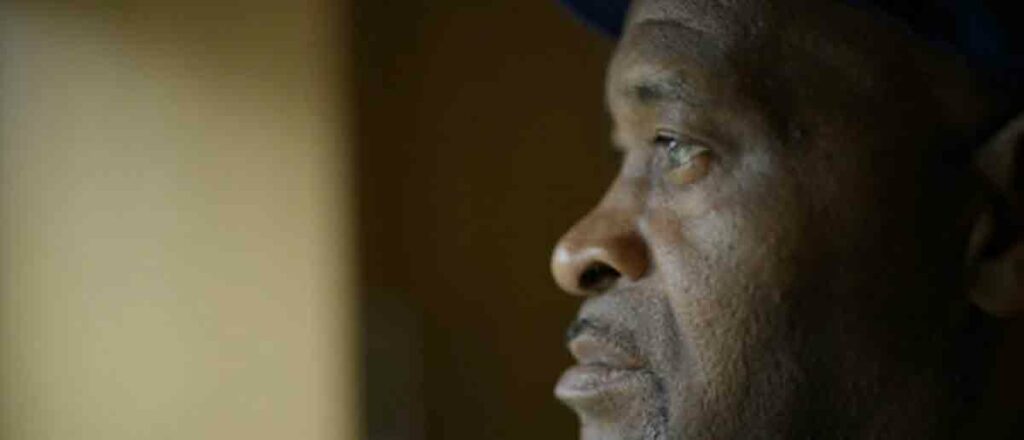
The documentary weaves between four major narrative stories of the Windrush generation, international students, hardworking families and community organisers.
The pandemic brutally exposed just how callous the policy is that leaves many migrants with “no recourse to public funds” – these words shudderingly echoed throughout.
“What’s my crime?”, a teenager asks as she describes how her family struggle to access food.
Gale referred to the making of this film as “harrowing”, and, indeed, it was harrowing to watch.
The eerie, sinister shots of London, the unnerving and alerting music, the achingly personal testimonies all produce a powerful film that is raw and uncomfortable. And, yet it is hopeful.
We see community organisers, albeit struggling from a total lack of state support, but working tirelessly, we see action and protests, and generosity.
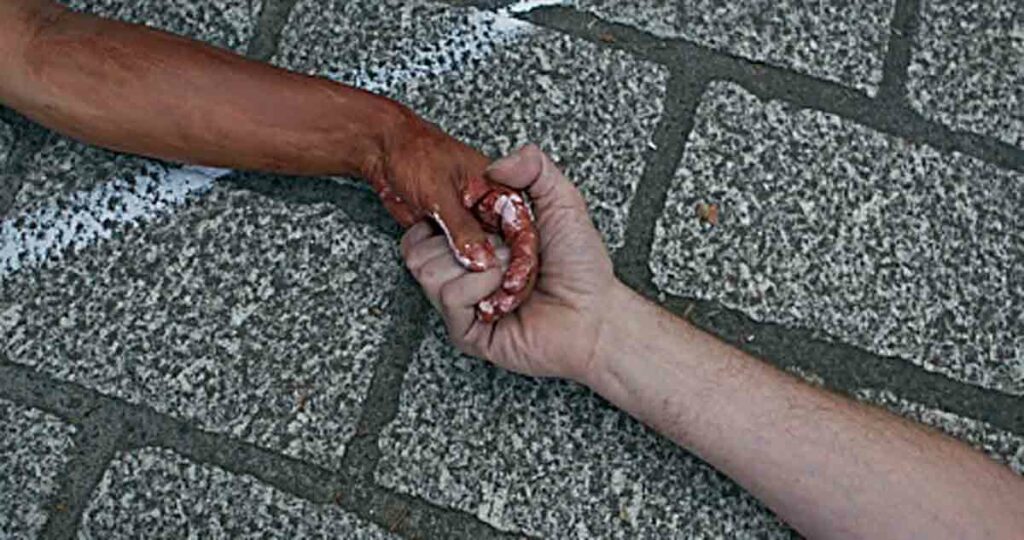
Frankly, we see humanity even against a shamefully, uncompassionate system.
Hostile is a personal story, and it’s a story for everyone – a testament of the UK today.
It’s a call to arms, an exposure of a system so beyond flawed, it’s broken.
The real-life consequences and psychological impacts of the “hostile environment” are told through the everyday struggles of ordinary individuals who describe their lives here as a matter of “survival”.
Hostile will be showing at Picturehouses across the UK. Showings and times can be found here.
There is a free screening in Brixton tonight (28 January) of a film showing how the hostile environment is impacting healthcare. Register on Eventbrite.

